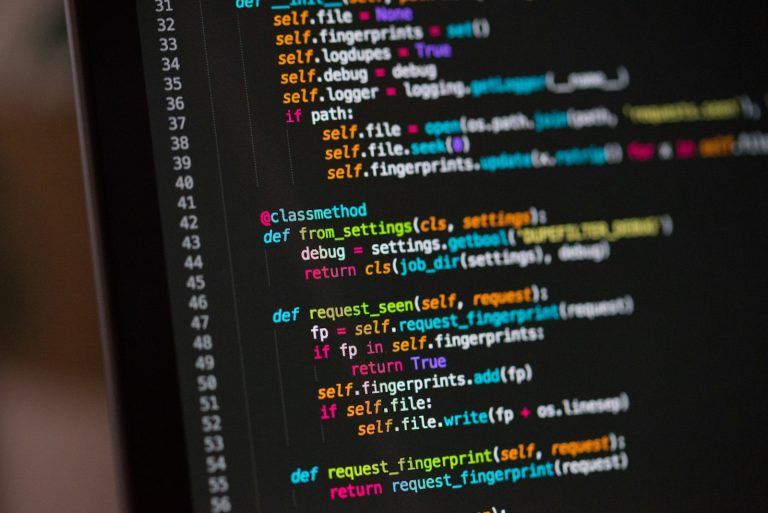In the realm of software development, code reviews stand as a cornerstone practice for ensuring code quality, collaboration, and overall project success. By implementing effective code review best practices, development teams can enhance code readability, identify potential bugs, and promote knowledge sharing among team members. Let’s delve into the world of code reviews and explore essential strategies for conducting efficient and productive reviews.
Story Stages
Understanding Code Reviews:
Code reviews involve the thorough examination of code changes by peers or senior developers to assess its quality, correctness, and adherence to coding standards. The primary objectives of code reviews include:
- Identifying Defects: Detecting bugs, logic errors, and security vulnerabilities before they impact the software’s functionality or security.
- Improving Code Quality: Ensuring that code is readable, maintainable, and follows established coding conventions and best practices.
- Knowledge Sharing: Facilitating knowledge transfer among team members and promoting consistency across the codebase.
- Continuous Learning: Providing opportunities for developers to learn from each other, exchange feedback, and improve their coding skills.
Code Review Best Practices:
- Establish Clear Objectives:
Define clear objectives for each code review session, including the scope of changes, expected outcomes, and areas of focus such as performance, security, or readability.
- Conduct Regular Reviews:
Integrate code reviews into the development workflow as a routine practice rather than a sporadic activity. Schedule regular review sessions to ensure timely feedback and maintain code quality.
- Keep Reviews Small and Focused:
Break down code changes into smaller, manageable chunks to facilitate thorough review and minimize cognitive overload. Focus each review session on specific features, bug fixes, or modules.
- Encourage Constructive Feedback:
Create a culture of constructive feedback where reviewers provide specific, actionable feedback that helps improve code quality without discouraging developers. Emphasize the importance of respect and professionalism in all feedback exchanges.
- Leverage Automated Tools:
Utilize automated code review tools and static analysis tools to identify common coding errors, adherence to coding standards, and potential performance issues. These tools complement manual reviews and streamline the review process.
- Foster Collaboration and Discussion:
Encourage open discussions and collaboration during code reviews, allowing developers to share insights, ask questions, and propose alternative solutions. Foster a collaborative environment where team members feel comfortable expressing opinions and challenging assumptions.
- Document Review Decisions:
Document review decisions, feedback, and action items to ensure transparency and accountability. Maintain a record of review comments, resolutions, and lessons learned for future reference and continuous improvement.
Conclusion:
In conclusion, code reviews play a vital role in maintaining code quality, fostering collaboration, and promoting continuous improvement within software development teams. By adhering to established code review best practices and embracing a culture of learning and collaboration, teams can streamline the review process, identify and rectify issues early, and deliver high-quality software products.
As development methodologies evolve and technology landscapes change, the importance of effective code reviews remains constant. By investing time and effort into refining code review processes and embracing a culture of quality and excellence, development teams can achieve greater efficiency, reliability, and innovation in their software projects
